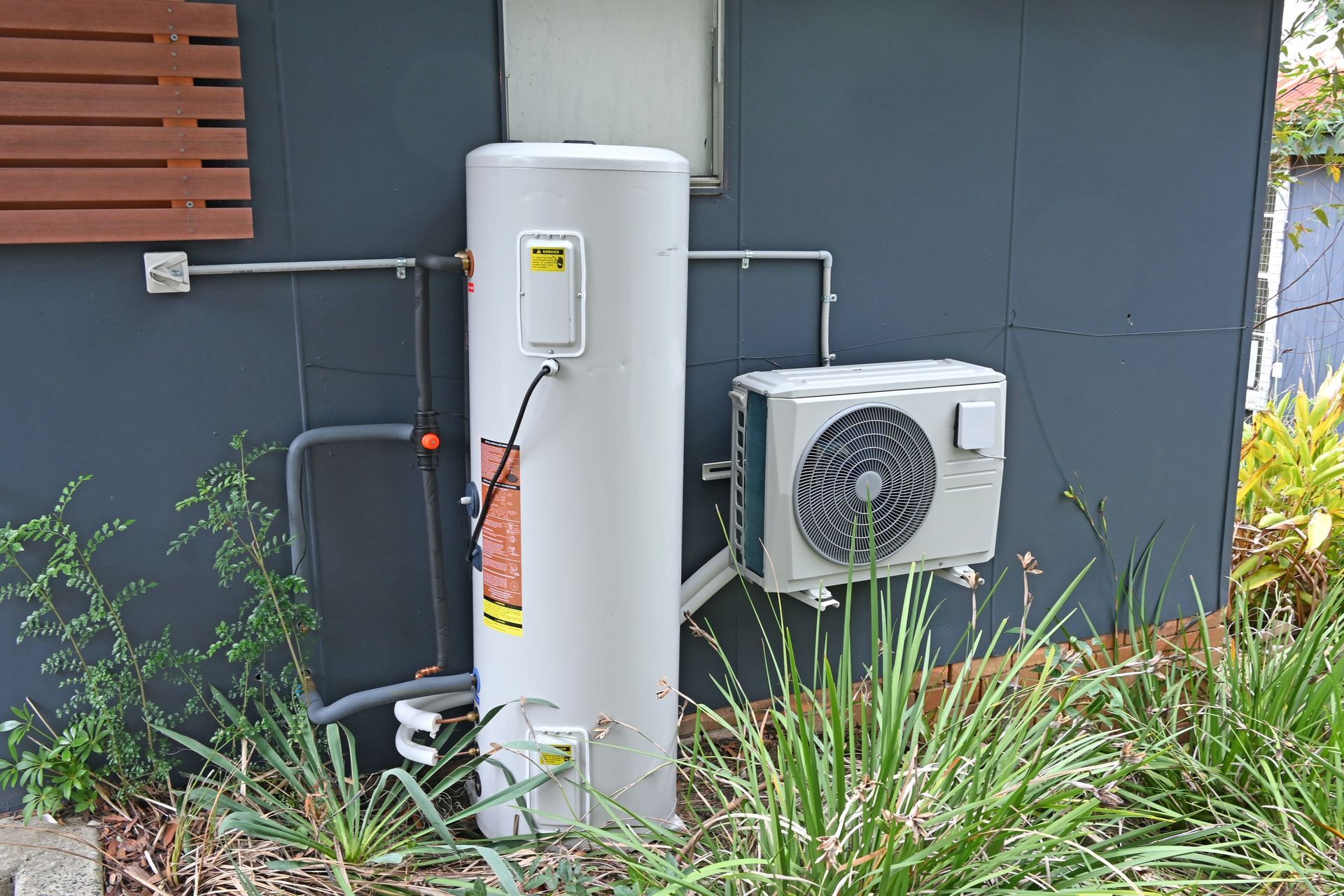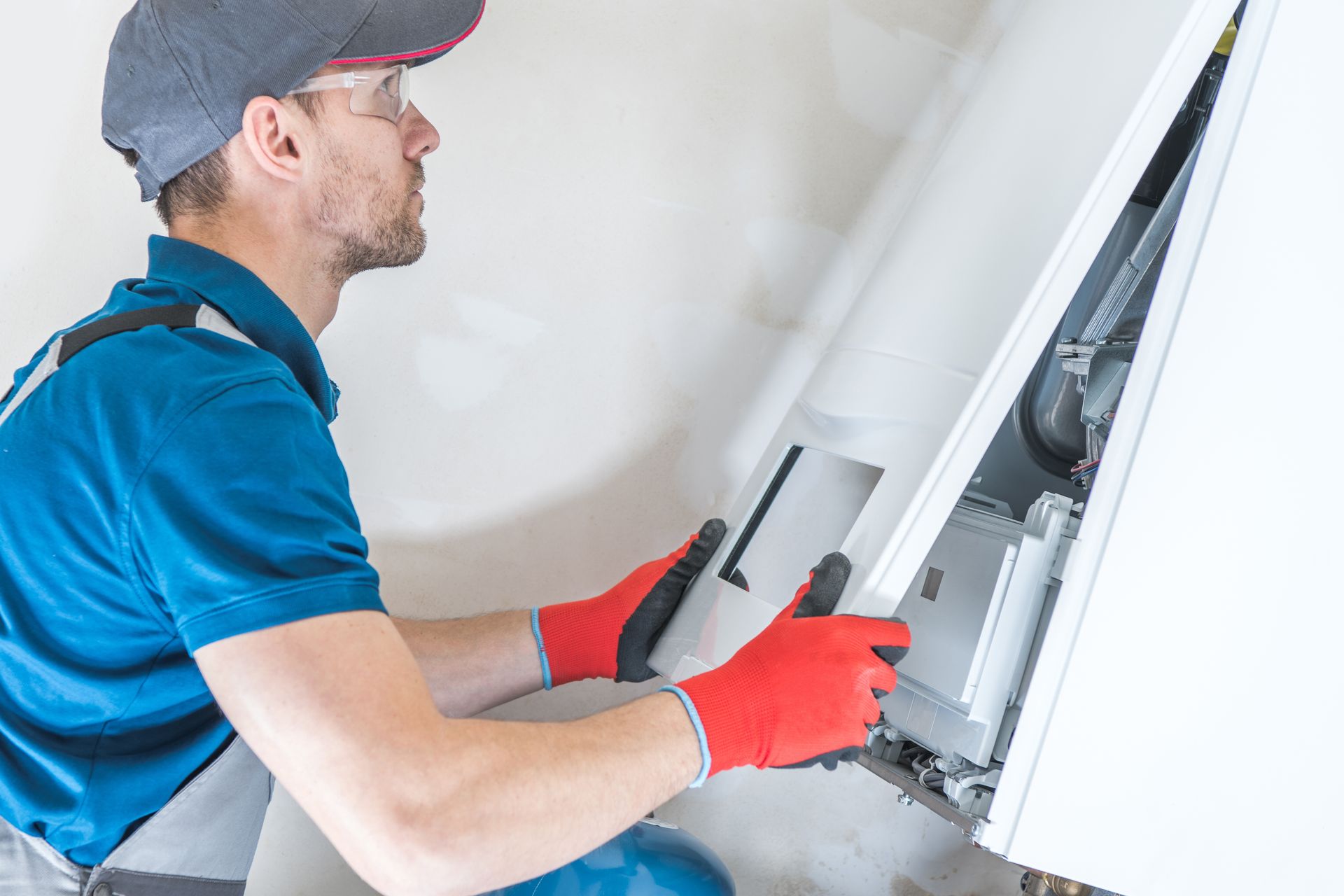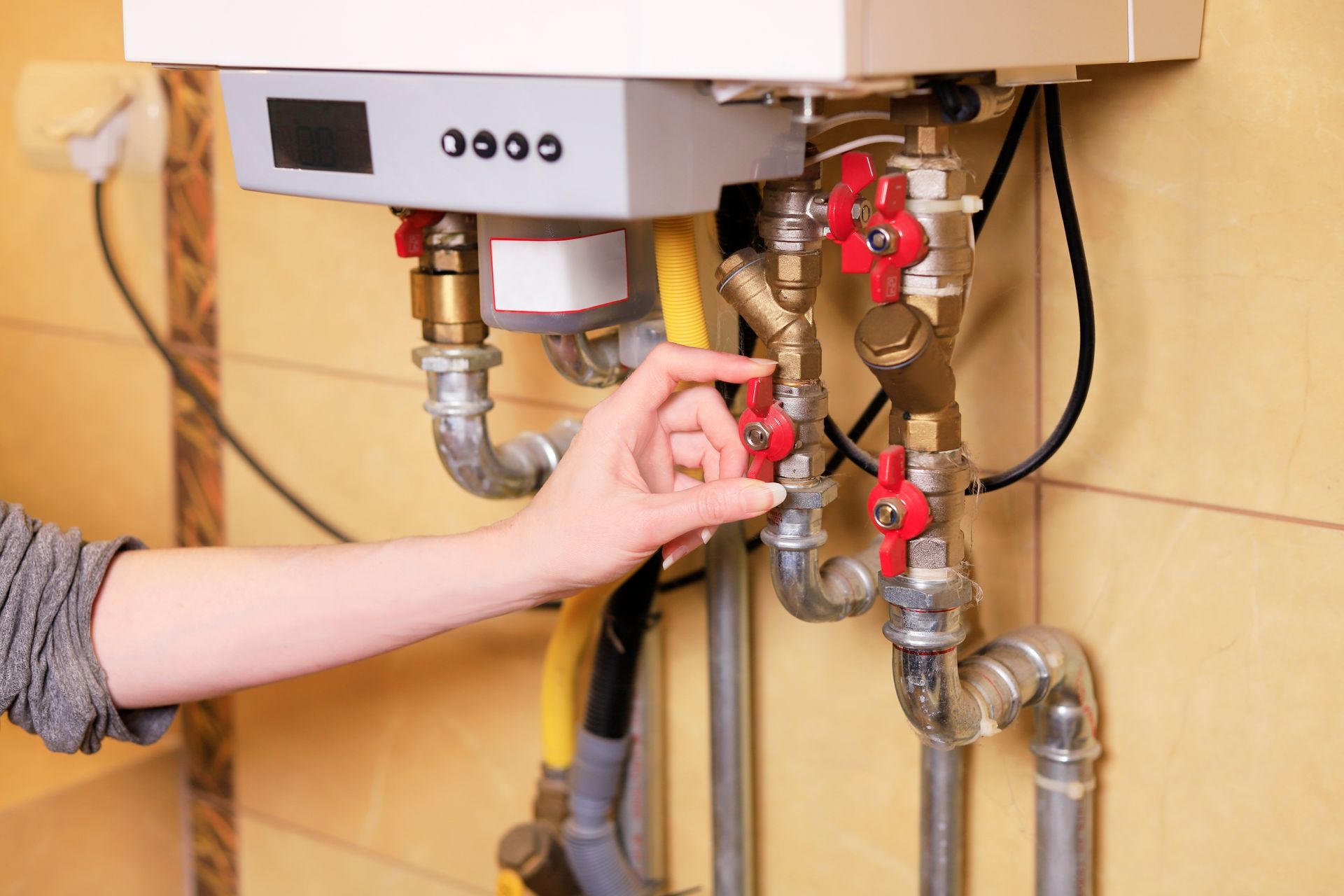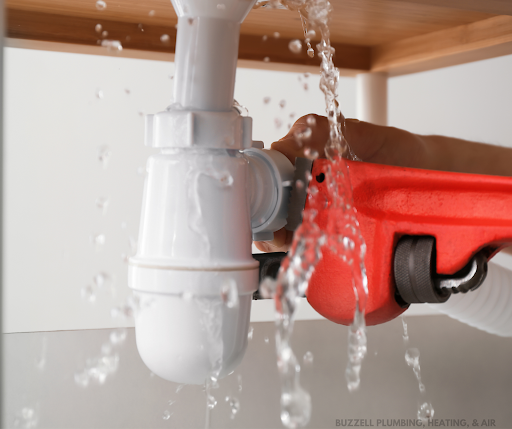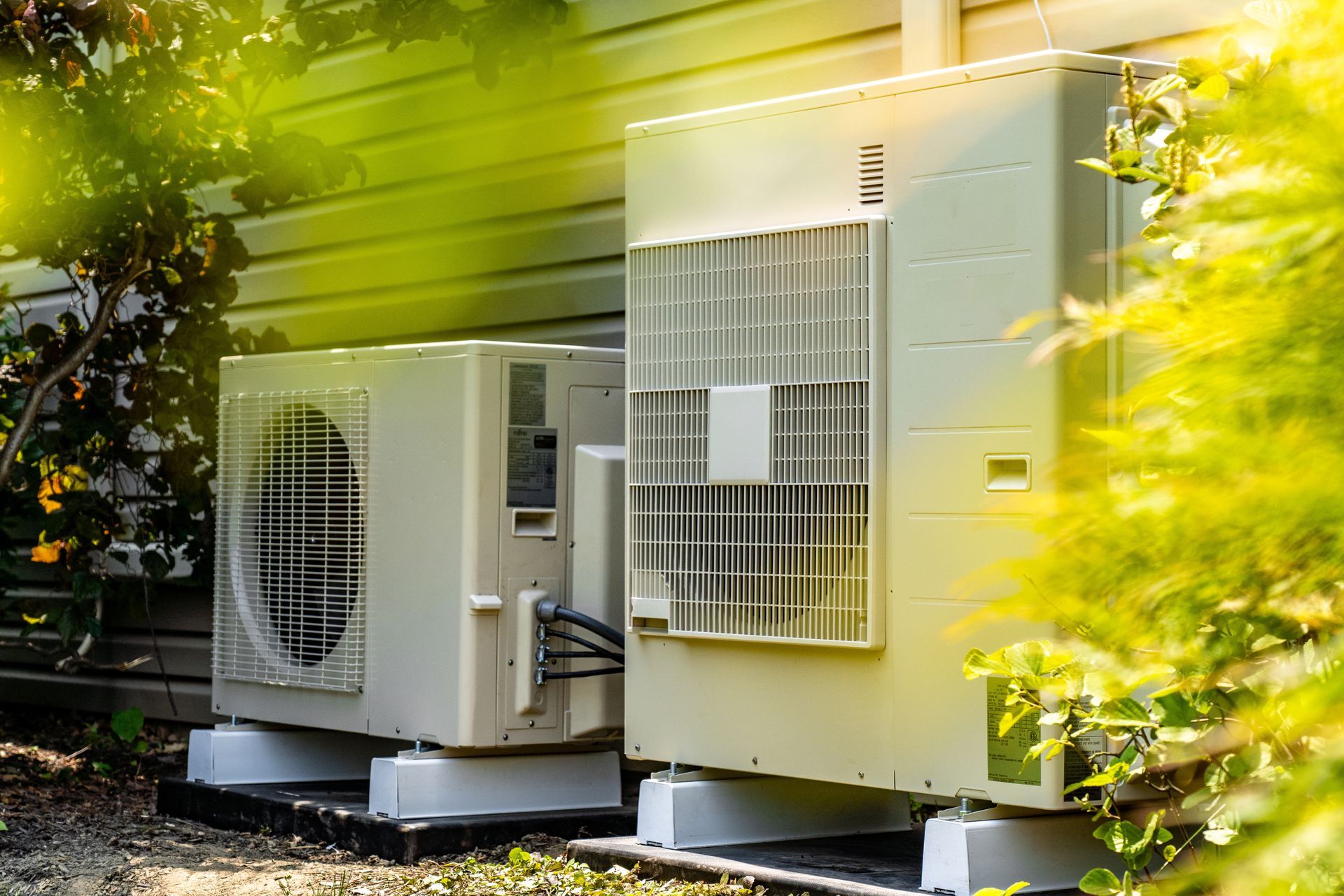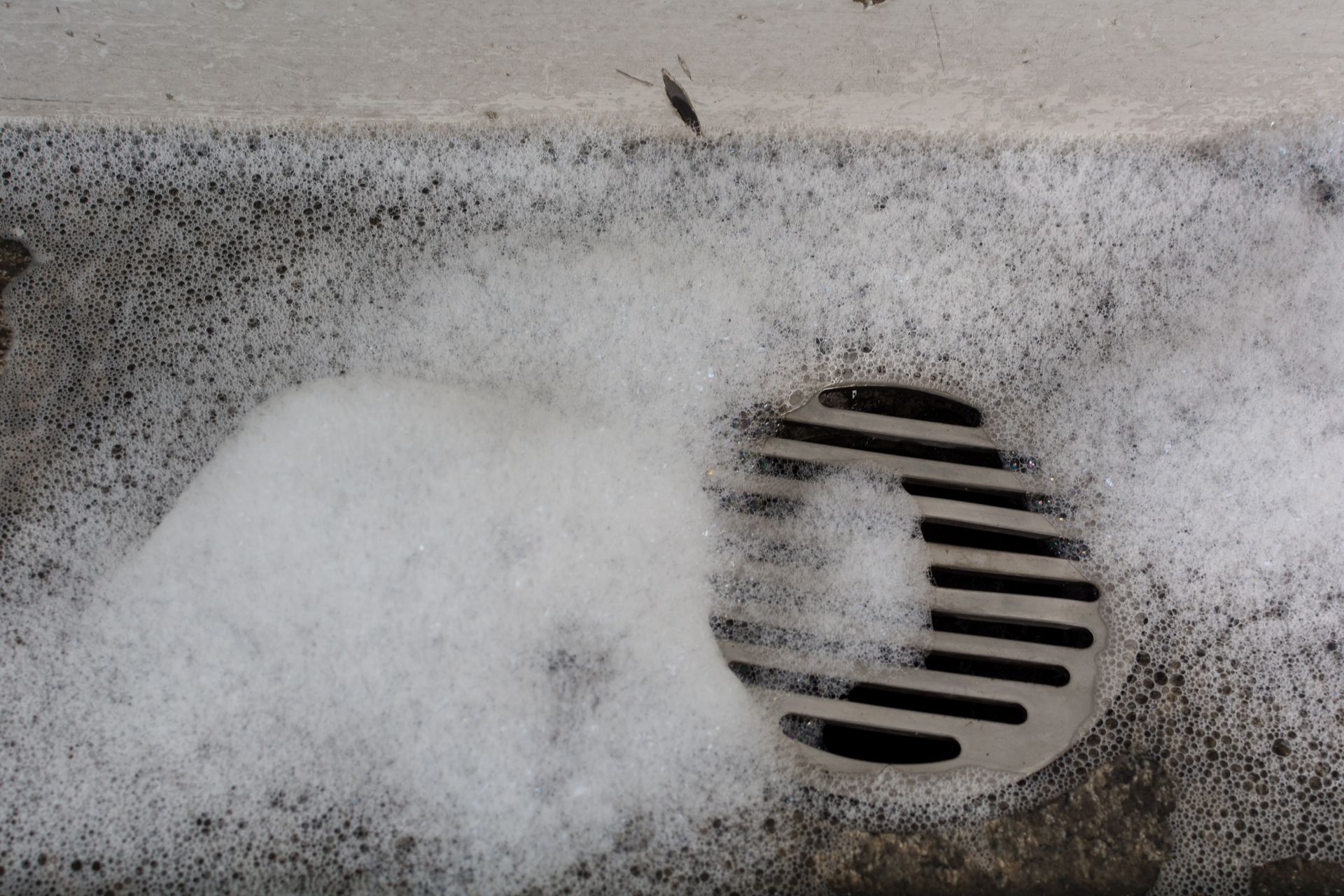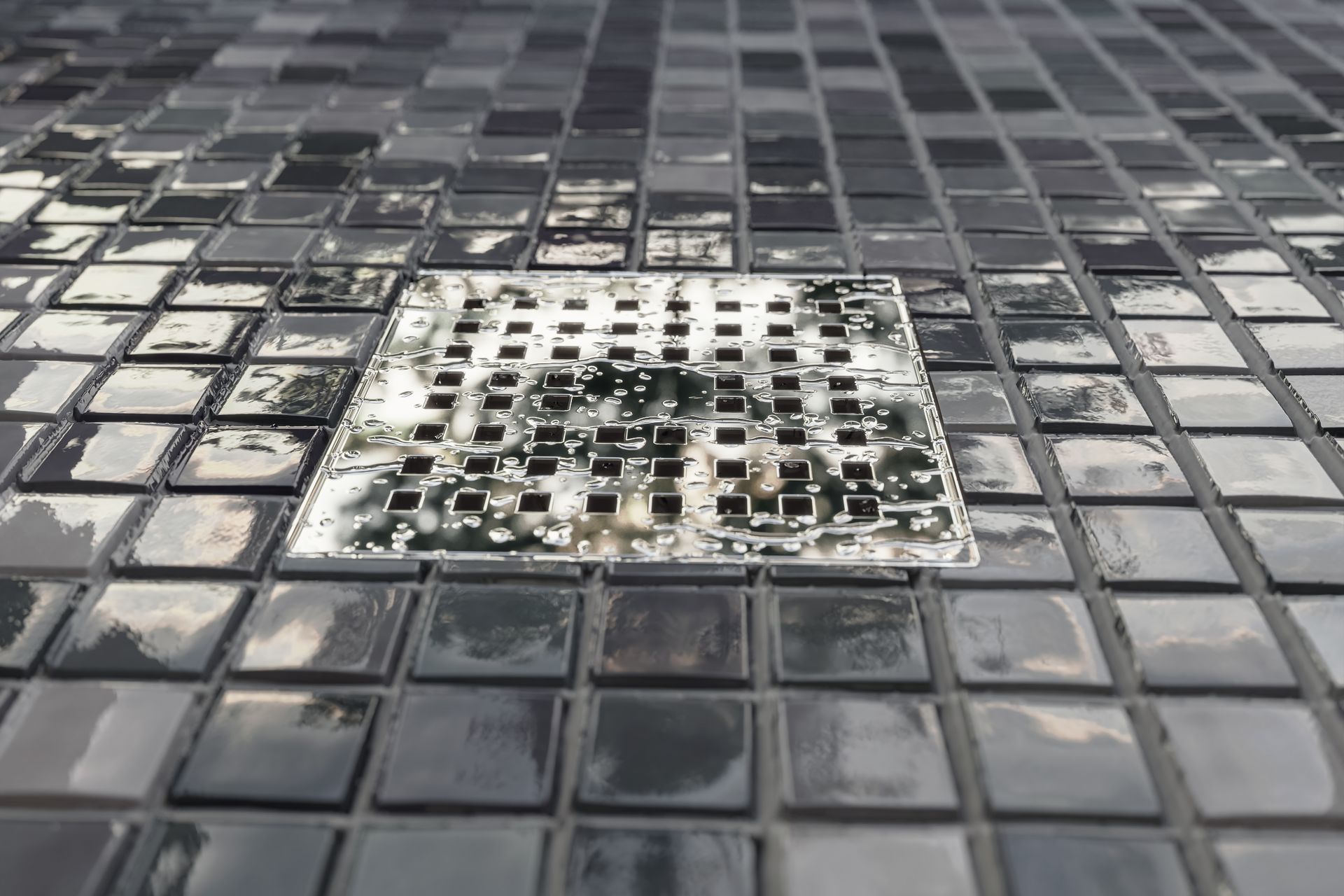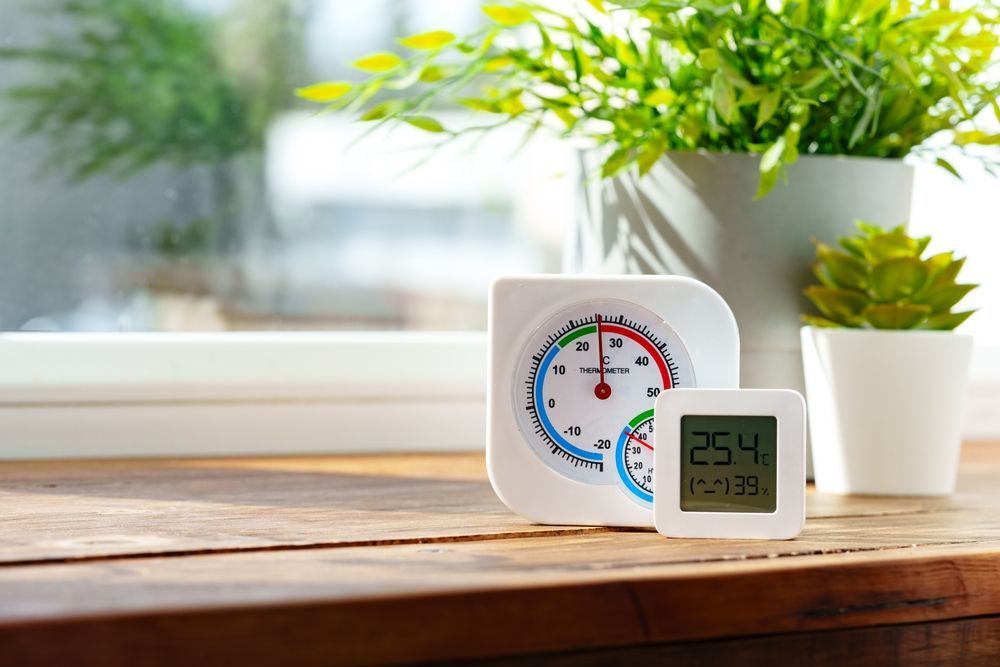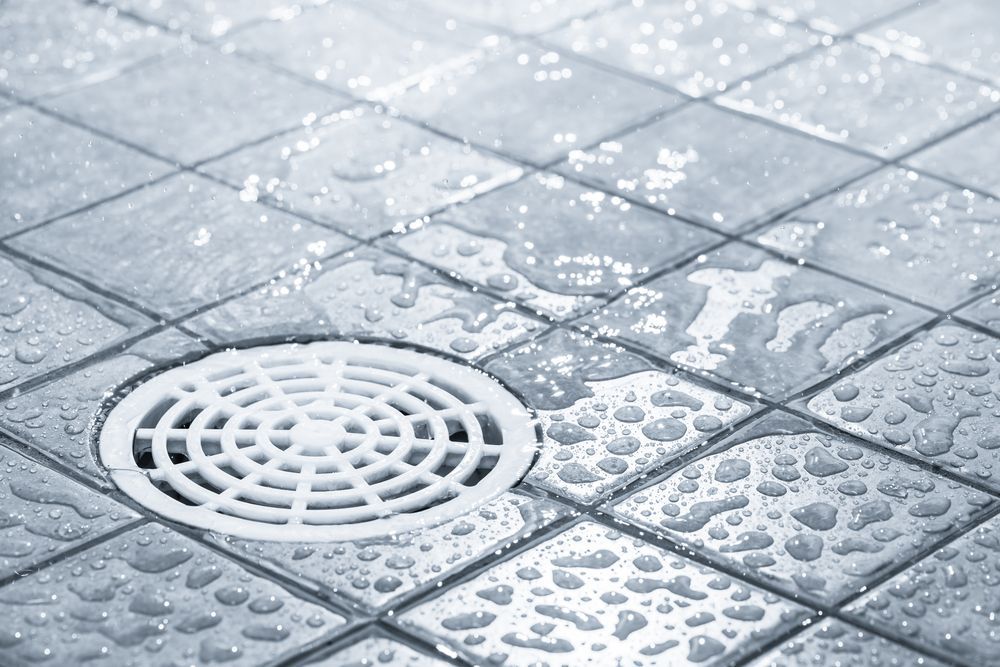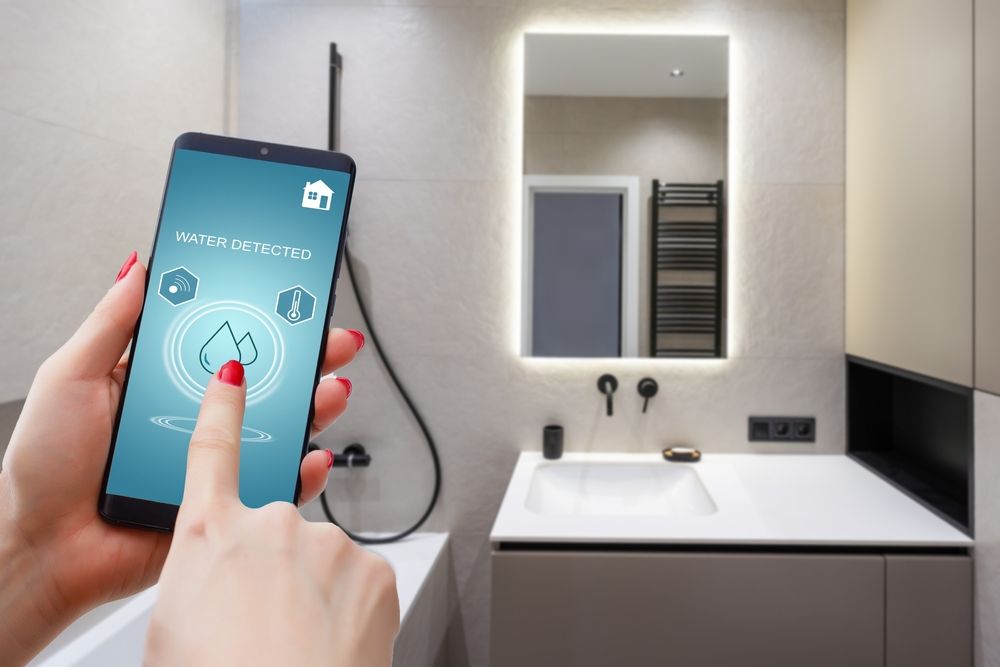Heat Pump vs. Furnace: Which Is Right for Your Warner Robins Home?
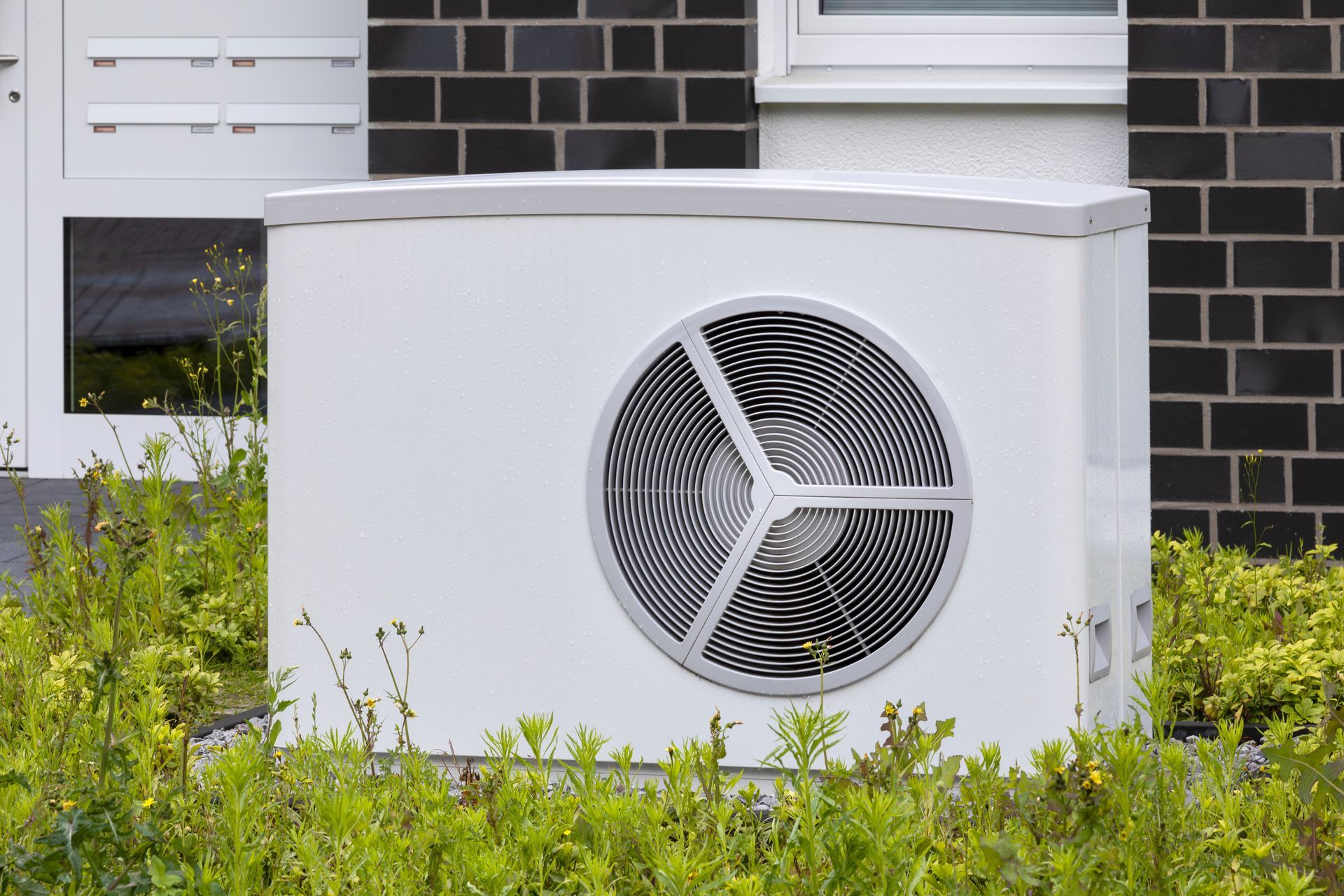
Choosing the right system to heat your home is crucial for both comfort and energy efficiency, especially in Central Georgia. While the winters are not harsh, they can be damp and chilly.
Two of the most common heating options for homeowners are heat pumps and furnaces. While both are deigned to keep your home warm in colder months, they operate in different ways. Because of this, heat pumps and furnaces come with their own set of pros and cons.
However, before we can explain the differences, it's important to understand how each one works.
How Does a Furnace Work?
A furnace generates heat by burning fuel (natural gas, propane or oil) or by using electricity. The system then distributes the heated air throughout your home via ductwork. Unlike a heat pump, which moves heat from the air, a furnace creates its own heat, making it a more powerful heating solution for areas with extreme cold.
How a Heat Pump Works
A heat pump doesn’t generate heat like a furnace. Instead, it transfers heat from one place to another. During winter, it pulls heat from the outside air (even when it's cold) and moves it inside to warm your home. In the summer, the process reverses, and it functions as an air conditioner by removing heat from inside your home. Heat pumps are powered by electricity and work efficiently in moderate climates, making them a popular choice in Georgia, where winters are milder than those in the North.
Heat Pumps vs. Furnaces
The differences between heat pumps and furnaces come down to a few key components: efficiency, cost, lifespan, maintenance and environmental impact.
1. Energy Efficiency
Heat pumps are more energy-efficient because they move heat instead of generating it. For every unit of electricity used, a heat pump can produce three times as much heat energy.
Furnaces, on the other hand, tend to be less efficient because they burn fuel or use electricity to create heat. However, high-efficiency gas furnaces can still be cost-effective in cold climates. In terms of energy efficiency, heat pumps tend to be better in warmer places like Georgia, where winters aren’t severe.
2. Operating Cost
Heat pumps create lower monthly utility bills because they use electricity efficiently. However, in extreme cold (below 30°F), heat pumps struggle, and an electric backup system may be needed, which can increasing overall costs.
Gas furnaces tend to have lower operating costs than electric furnaces. If natural gas prices are low, a furnace can be more affordable in the long run. Typically, heat pumps tend to have lower operating costs in the Southeast than electric furnaces. However, a gas furnace might be more cost-effective for those with access to affordable natural gas.
3. Initial Installation Cost
Heat pumps have a higher upfront cost than a furnace since they serve as both a heating and cooling system. However, this eliminates the need for a separate air conditioner. Furnaces are typically cheaper to install than a heat pump, but you’ll also need a separate air conditioner for cooling in the summer, increasing the total system cost.
While Furnace installation is cheaper initially, a heat pump may save you money in the long run since it replaces both a heater and an AC.
4. Lifespan & Durability
A heat pump typically lasts 10 to 15 years because it runs year-round for heating and cooling. Constant use can cause wear and tear faster than a furnace. Furnaces, on the other hand, last about 15 to 20 years, sometimes even longer, because it is only used for heating (usually for just a few months each year.)
5. Heating Performance in Cold Weather
Heat pumps work well in mild winters, but struggle in temperatures below 30°F. Some homeowners install backup electric heaters, which increase electricity use. In contrast, Furnaces work efficiently even in below-freezing temperatures, making them ideal for very cold climates.
While furnaces work better than heat pumps in colder temps, it may not be relevant unless you live in an area that regularly experiences below-freezing temperatures.
6. Maintenance & Repairs
A heat pump requires regular maintenance because it runs year-round for heating and cooling. Furnaces, on other hand, require less frequent maintenance since it’s only used in colder months. However, gas furnaces should be checked regularly for carbon monoxide leaks.
7. Environmental Impact
Heat pumps are more eco-friendly because they don't burn fossil fuels, which in turn, reduces carbon emissions. Gas furnaces produce carbon dioxide, contributing to environmental pollution.
Which One Is Best for Your Home?
| Feature | Heat Pump | Furnace |
|---|---|---|
| ENERGY EFFICIENT | YES (Very efficient in moderate climates.) | NO (High-efficiency models are available, but less efficient than heat pumps in mild weather.) |
| ALL-IN-ONE SYSTEM | YES | NO (Only provides heating—requires an additional A/C unit for cooling.) |
| BEST CLIMATE | Ideal for moderate climates (like Georgia) where winters are mild. | Best for colder climates where temperatures frequently drop below freezing. |
| UP-FRONT COST | Higher initial cost due to dual heating and cooling capabilities. | Lower upfront cost than a heat pump. |
| OPERATING COST | Lower in mild climates. | Can be more expensive to run. (price depends on fuel prices and efficiency) |
| LIFESPAN | 10-15 years | 15-20 years (gas furnaces) 20-30 years (electric furnaces) |
| MAINTENANCE | Requires regular maintenance for both heating and cooling functions. | Needs yearly maintenance (generally requires fewer repairs over time) |
Choose a Heat Pump if:
- You want an energy-efficient system for both heating and cooling.
- You live in Warner Robins or a similar mild climate with winter temperatures rarely dropping below freezing.
- You prefer a more eco-friendly option with fewer emissions.
- You want to save money on installation by replacing both your heater and air conditioner with one system.
Choose a Furnace if:
- You have natural gas and want a lower long-term heating cost.
- You need reliable heating for very cold winters (though this is rare in Warner Robins.)
- You want a system with less maintenance and a longer lifespan.
- You already have a separate air conditioning system for cooling.
Ask a Professional
For most homeowners in Warner Robins, a heat pump is the best option due to the mild winters, lower energy costs and dual heating & cooling capabilities. However, if you have access to affordable natural gas and prefer a longer-lasting system, a gas furnace could also be a great choice.
If you’re still unsure which heating system is best for your home, our team of HVAC experts at Buzzell can help! Give us a call at 478-974-5255 for a free consultation. For more information about our services and our Warner Robbins location, click the link here.
